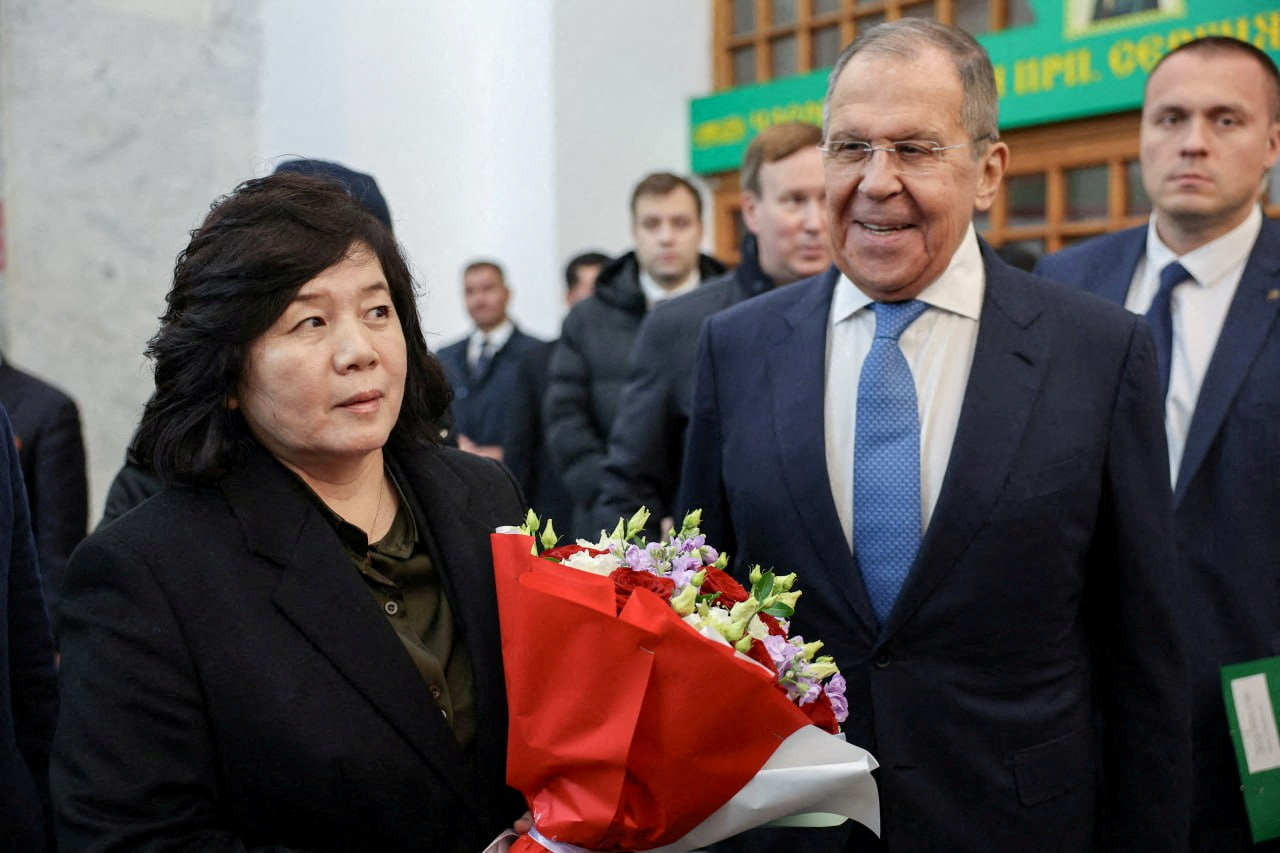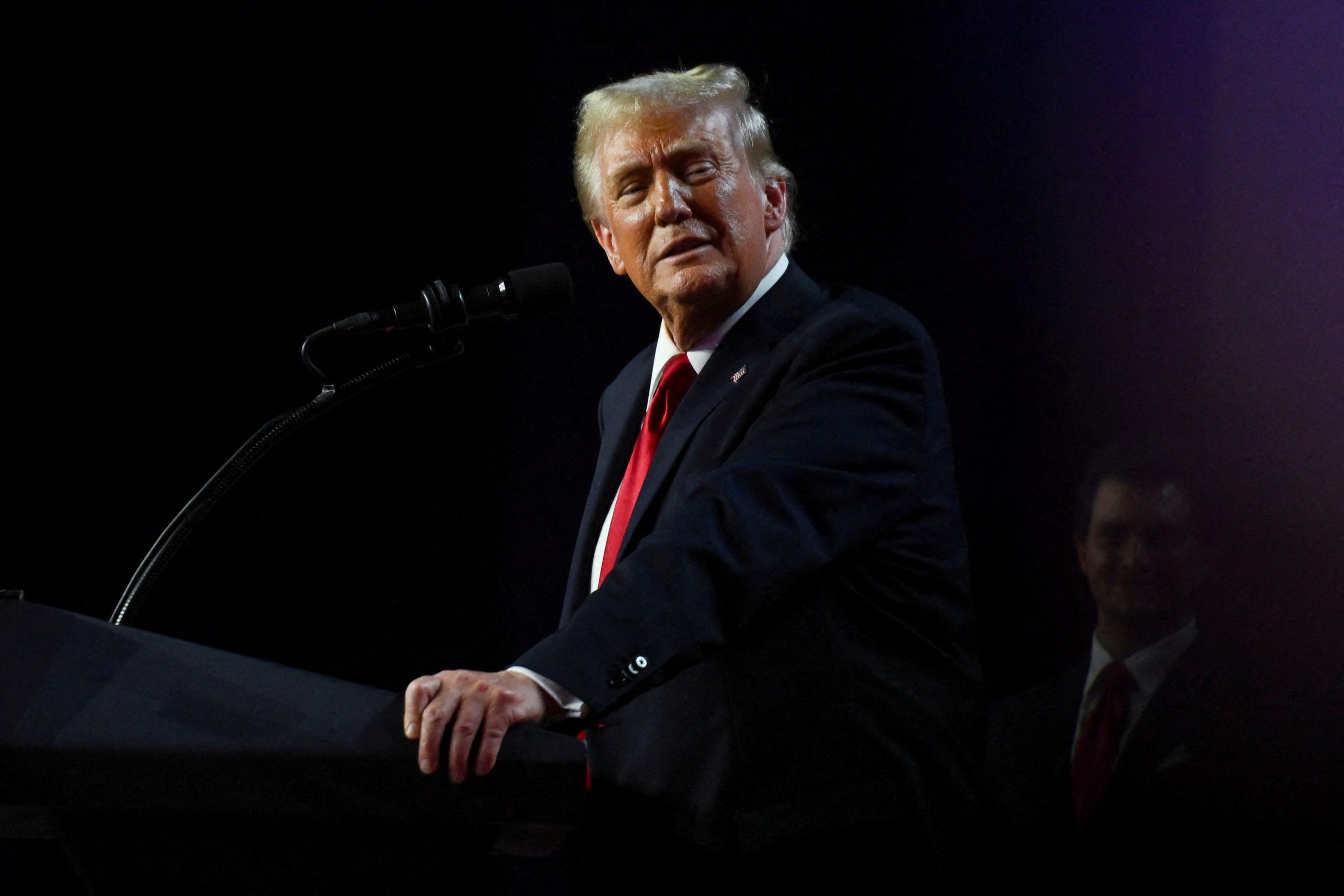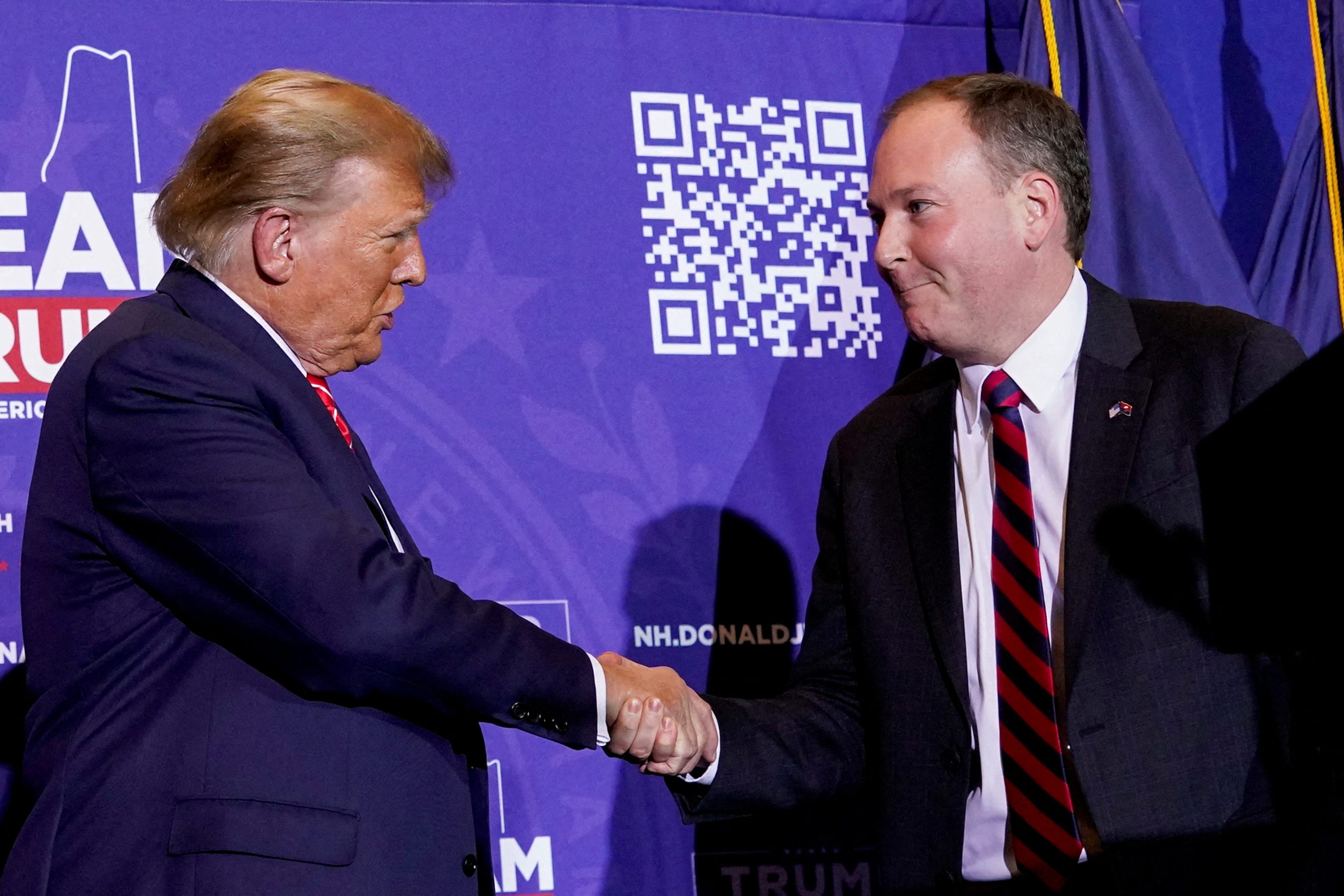In an unprecedented and polarizing vision that has left political analysts and everyday Americans buzzing, former President Donald Trump has unveiled an agenda aimed not just at reform but at reinventing the role of the federal government in nearly every aspect of American life. This ambitious strategy – to dismantle bureaucracy, realign trade, recast immigration, and reshape educational and economic policies – promises to leave a lasting impact on the national landscape. But while Trump’s supporters tout it as the ultimate fix for what they see as a bloated government, critics fear it could usher in a radical realignment that risks destabilizing established systems.
Power Shift: Dismantling the “Deep State” and a Civil Service Shakeup
The first target on Trump’s list? The federal workforce, which he claims is rife with entrenched interests resistant to change. Trump has vowed to root out the so-called “deep state” by granting sweeping powers to dismiss federal employees who don’t align with his administration’s policies. The potential for drastic change doesn’t stop there: Trump has tapped none other than billionaire Elon Musk to lead a Government Efficiency Commission tasked with a top-to-bottom audit of federal programs. With Musk at the helm, Trump promises to slash red tape, identifying and eliminating what he calls “outdated, inefficient programs.”
This civil service shake-up could fundamentally alter the government workforce, transforming public administration into a highly efficient, loyalty-driven structure. Supporters say this approach will return power to elected officials and prevent what they view as bureaucratic interference, while opponents argue it could stifle dissent and politicize federal institutions.
Economic Reboot: Bold Tax Breaks, National Industry Revamp, and Trade Wars Reloaded
In a move to bring American jobs back home, Trump’s economic blueprint includes a cut in the corporate tax rate to a historic low of 15% for U.S.-based manufacturers. But that’s not all. He’s proposing tax breaks on tips, Social Security benefits, and interest on car loans – measures that could boost consumer spending and transform the economic landscape. By prioritizing local manufacturing, Trump aims to reshape the backbone of American industry, creating what he calls a “Manufacturing Renaissance.”
However, his strategy also includes hefty tariffs on Chinese imports, signaling a willingness to reenter the trade war with full force. For Trump, the calculus is simple: protecting American jobs and industries. Critics warn that these tariffs could lead to higher prices for consumers and strain international relations, but Trump’s supporters believe it’s a small price to pay for economic independence.
Immigration Overhaul and Border Security Fortress
Trump’s proposed immigration reforms represent some of his most hardline policies yet. Alongside a promise to complete the border wall, he aims to deploy military resources directly at the U.S.-Mexico border, reinforcing national security and imposing tighter controls on who enters the country. Trump has also hinted at mass deportations, suggesting that his administration would double down on enforcement actions that prioritize removing individuals he deems a threat to American values.
Critics argue that such measures risk further polarizing the nation and undermining humanitarian efforts, while advocates assert it’s a necessary step toward securing America’s borders and protecting American jobs.
Education Revolution: End of the Federal Department and Localized Control
Perhaps one of the boldest items on his agenda, Trump’s proposal to eliminate the Department of Education would fundamentally shift the control of educational standards from federal to local hands. Trump’s vision is to empower communities to decide what’s best for their students without “federal interference.” By abolishing the Department, he aims to strip away national standards and regulations in favor of state-driven approaches.
He’s also planning to establish an “anti-woke” university and launch “freedom cities” that reflect conservative values. Trump’s supporters claim this will foster innovation and freedom in education, while critics warn that it could lead to an uneven educational landscape where students’ opportunities vary drastically depending on where they live.
Energy Independence Push: Fossil Fuels, Climate Rollbacks, and “Freedom Cities”
For Trump, energy independence isn’t just a goal – it’s a national imperative. His plan to boost fossil fuel production while repealing climate policies implemented by his predecessors aims to cement America’s energy autonomy. Trump wants to roll back restrictions on consumer products, arguing that these measures protect citizens’ choices and prioritize practical needs over what he sees as “excessive green mandates.” His proposal for “freedom cities” showcases his commitment to creating communities rooted in traditional values, giving Americans a chance to live in self-sufficient, energy-independent zones.
Environmental advocates argue that these policies could reverse progress on climate change, but Trump’s supporters believe they are crucial to ensuring the nation’s economic and energy security.
Foreign Policy Flex and Defense Expansion
On the international front, Trump’s vision emphasizes strength. He’s proposed building an advanced missile defense shield and wants to deploy U.S. special forces to target Mexican drug cartels. These moves, Trump argues, are necessary to protect American interests both at home and abroad, asserting that the U.S. cannot afford to be passive in an increasingly volatile world.
Is America Ready for This Reinvention? The Nation Watches Closely
Trump’s supporters hail this agenda as a chance to rebuild the American dream – a bold, unapologetic bid to take back control of government, border security, industry, and education. They see it as a long-overdue reset, a return to values they believe have been eroded by years of bureaucracy and partisan agendas. But critics, both domestically and internationally, warn that the changes could sow division, weaken critical institutions, and risk isolating America on the global stage.
As Trump prepares for his bid to retake the White House, the nation stands at a crossroads. His proposals are more than policy shifts; they represent a dramatic reshaping of American identity, values, and global standing. Will this agenda restore America to the greatness Trump envisions, or will it further divide a nation already facing turbulent times? The stakes could not be higher as the country braces for what might be the most transformative – or tumultuous – political chapter in modern history.
















